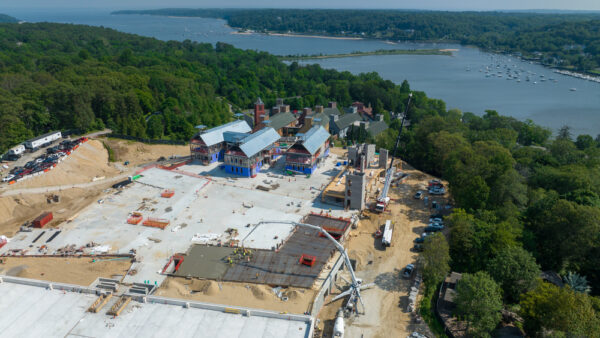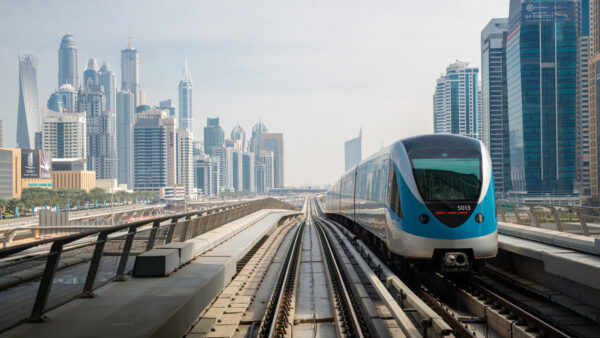A consortium involving Ferrovial subsidiaries Cintra and Amey is Preferred Respondent for an A$1.8bn concession to upgrade and maintain western Melbourne’s road network ahead of an expected surge in population.
The public-private partnership scheme involves financing the duplication of six suburban arterial roads and upgrading hundreds of kilometres of road network in return for “availability payments” over 20 years after construction.
Ferrovial subsidiaries Broadspectrum and Amey will take charge of maintenance.
Cintra, through the Netflow joint venture recently formed with Plenary, was selected by the State of Victoria as Preferred Respondent for the design, construction and financing of the upgrade, in a contract valued at A$1.8bn (just under US$1.4bn).
The Western Roads Upgrade project includes the upgrade and duplication of six suburban arterial roads, the construction of two new interchanges and the rehabilitation and maintenance of the more than 700-lane-kilometres road network in the west of Melbourne.
“Our team in Australia is fully committed to improving the mobility of its residents, providing opportunities for local economic growth and serving current and future needs in the country,” said Enrique DÃaz-Rato, Cintra’s chief executive.
WBHO Infrastructure will be in charge of the construction works that comprise the project.
The plan is to increase capacity and driver safety in an area of Melbourne where fast population growth is expected in the coming years.
The concession term will be over 20 years from the end of construction, expected for 2020. In the coming months the consortium will work to achieve financial close. Design and construction works will start as soon as financial close has been achieved.
The project is the second investment of Ferrovial in Australia since the Toowoomba Second Range Crossing awarded in 2015.
The Western Roads Upgrade is the first project awarded since the creation of the Netflow joint venture between Cintra and Plenary to develop road projects in Australia and New Zealand.
Image: The plan is to increase capacity and driver safety in western Melbourne, where fast population growth is expected in the coming years (GCR, Google Maps)
Comments
Comments are closed.







I only hope that Melbourne doesn’t get the same treatment as Sheffield UK where to resurface the pavements they have chopped down and removed a vast number of street trees. That contract is an Amey / Ferrovial PFI contract of £2.2 billion over 25 years and they are speaking of up to 16,000 trees being removed over that time. So far around 6000 have gone and the environmental damage has not yet been assessed but air pollution is rising steadily. The chipped trees also appear to be used to fuel the local biomass generators for electricity and heating for the district town heating system, which no doubt increases the amount of CO2 generally, instead of allowing the trees to re-absorb the CO2 that is already there. A double whammy you may say for global warming.
Of course they are saying that the trees will be replanted, not always in the same streets, but that will not help pollution much, as a sapling has only a few leaves compared to a fully grown oak, elm or chestnut. Yes, elms are included even though they are now extremely rare after the dutch elm disease epidemic. The street scene is also damaged as, once all large trees have been removed on a street, it does not have any sort of aesthetic appeal at all.
I really do hope that Melbourne can keep its street trees for the benefit of the population, particularly those beautiful eucalyptus and pines and this should be guaranteed before signing the contract.